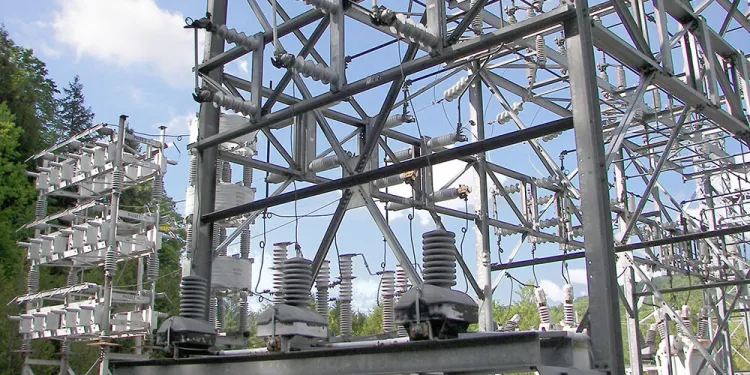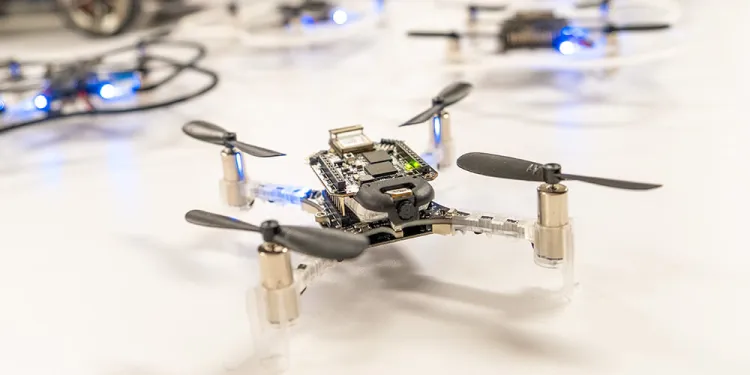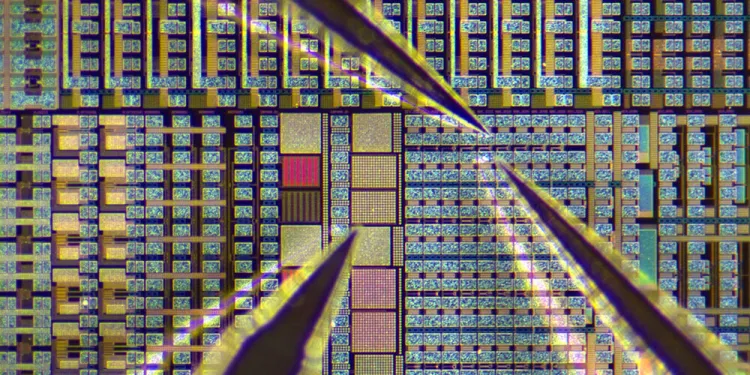Concentrations

POWER AND ENERGY SYSTEMS
Students will gain a comprehensive understanding of electric energy generation, transmission, distribution, and storage. In their courses, students will work with renewable and traditional energy sources, focusing on integrating these into the power grid, with particular attention to electrification and decarbonization. High voltage electronics (e.g., inverters), photovoltaics and wind energy, energy storage technologies like advanced batteries and electric vehicles, and the design of microgrids are key topics. Additionally, power and energy courses explore and analyze smart grid technologies, which underpin the ongoing clean energy transition and is assisted by a growing set of physics-based mechanistic and data-driven machine-learning (ML) computational, and automation technologies.

AUTONOMOUS SYSTEMS
Students will gain an understanding of the theory and practice of making man-made systems autonomous so they can be operated as intended with minimal human intervention. Courses in this area deal with modeling of dynamical systems, machine learning, selection and use of actuators and sensors, designing and analyzing algorithms (estimation, localization, real-time control, motion planning) to allow autonomous agents to operate intelligently, coding up these algorithms on microprocessors, and robotics. Example applications are robotic manipulators, autonomous vehicles, drones, and aircraft/spacecraft flight controls.
- Electives include EE3515 Control Systems (gateway course), EE3815 Microcontroller systems, EE3920 Sensors, EE5440 Real-time Controls, EE3530 Digital Signal Processing, EE5550 Autonomy
- More advanced courses include EE6110 System Theory, EE6120 Stochastic Processes, EE6130 Convex Optimization, EE6520 Nonlinear System Theory, EE6530 Estimation Theory
- Associated Faculty Members: Hamid Ossareh, Luis Duffaut Espinosa

COMPUTER AND SEMICONDUCTOR ENGINEERING
Students will explore the hardware design of devices and circuits that make technologies like computers, photovoltaics, cellular communication, AI, imaging, and electric vehicles possible. These hardware innovations further fuel the computer processing, simulation, and energy conversion that drive improvements at the system level. Courses in this area cover the physics of how devices like solar cells and transistors work and explore ways that they can be improved. The students will learn the tools and tradeoffs that exist in the process of physically arranging these devices across a printed circuit board or integrated circuit, and the engineering that goes into fabricating 134 billion transistors in less than a square inch on the latest computer processors.
- Electives include EE3815 Microcontroller Systems, EE3420 Integrated Circuit Fabrication, EE5810 Digital Computer Design, EE 3440 Semiconductor Devices and Characterization, EE3410 Electronics II, EE5430 RF Circuit Design, EE5410 Digital VLSI Design, EE5420 Analog VLSI Design, EE3900 Advanced Circuit Applications
- Interested students can combine the above courses with experiential learning to obtain a Certificate in Semiconductor Engineering and Physics
- Associated Faculty Members: Tian Xia, Jackson Anderson, Jim Kay